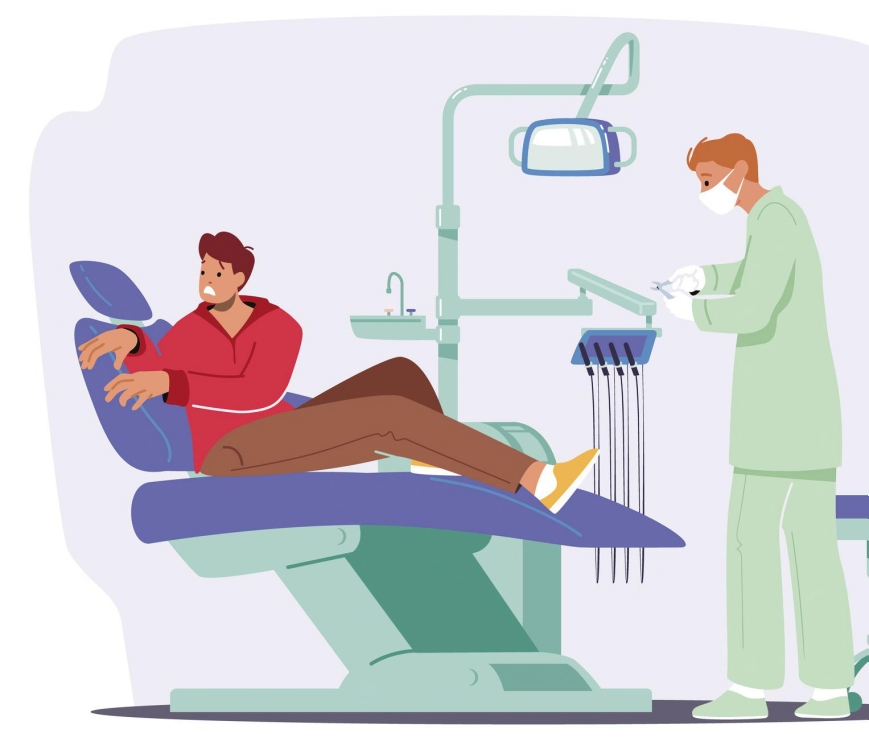DEVELOPMENTAL DISABILITIES AND ORAL HEALTH
COURTESY THE NATIONAL INSTITUTE OF DENTAL AND CRANIOFACIAL RESEARCH
NIDCR supports research to find ways to make dental visits more comfortable for children with ASD. Spanish language captions available in YouTube player settings.
Developmental disabilities such as autism, cerebral palsy, Down syndrome, or others create challenges in accomplishing daily activities, especially self-care. People with these disabilities may need extra help to achieve and maintain good health, which includes oral health.
HEALTH CHALLENGES
- Mental capabilities will vary from person to person and may have an impact upon how well someone can remember and follow directions in a dental office and at home.
- Behavior problems can complicate oral health care. For example, anxiety caused by a developmental disability may make someone uncomfortable during treatment.
- Mobility problems may require a person to use a wheelchair, mobility scooter, or a walker to move around. Mobility issues can also make lifting and manipulating objects more challenging, impacting self-care. Access to the dental operatory and chair may require special arrangements and assistance with patient transfer. Longer appointment times may be needed.
- Neuromuscular problems can affect the mouth. Some people with disabilities have persistently rigid or loose chewing muscles, or have drooling, gagging, or swallowing problems that complicate oral care.
- Uncontrolled body movements can jeopardize safety and the ability to deliver oral care.
- Cardiac disorders are common in people with developmental disabilities such as Down syndrome. Consult a cardiologist to determine the need for pre-treatment antibiotics.
- Gastroesophageal reflux sometimes affects people with central nervous system disorders such as cerebral palsy. It may cause difficul-
ty lying on their back, and teeth may be sensitive or display signs of erosion.
- Seizures accompany many developmental disabilities. Patients may chip teeth or bite the tongue or cheeks during a seizure.
- Visual impairments and hearing loss or deafness may also be present in people with developmental disabilities, leading to communication difficulties while being treated.
- Latex allergies may be more likely in people with developmental disabilities.
ORAL HEALTH PROBLEMS
ORAL HEALTH PROBLEMS
- Tooth decay is common in people with developmental disabilities. This may be due to poor oral hygiene, and teeth may be crowded or malformed, making them more difficult to keep clean. Dental sealants are effective in children and adults to prevent decay.
- Periodontal (gum) disease occurs more often and at a younger age in people with developmental disabilities. Difficulty performing effective brushing and flossing may be an obstacle to successful treatment and outcomes.
KNOW THE DRILL: Talk with the patient and their caregivers about how the patient's abilities might affect oral health care. Be receptive to their thoughts and ideas on how to make the experience a success.
